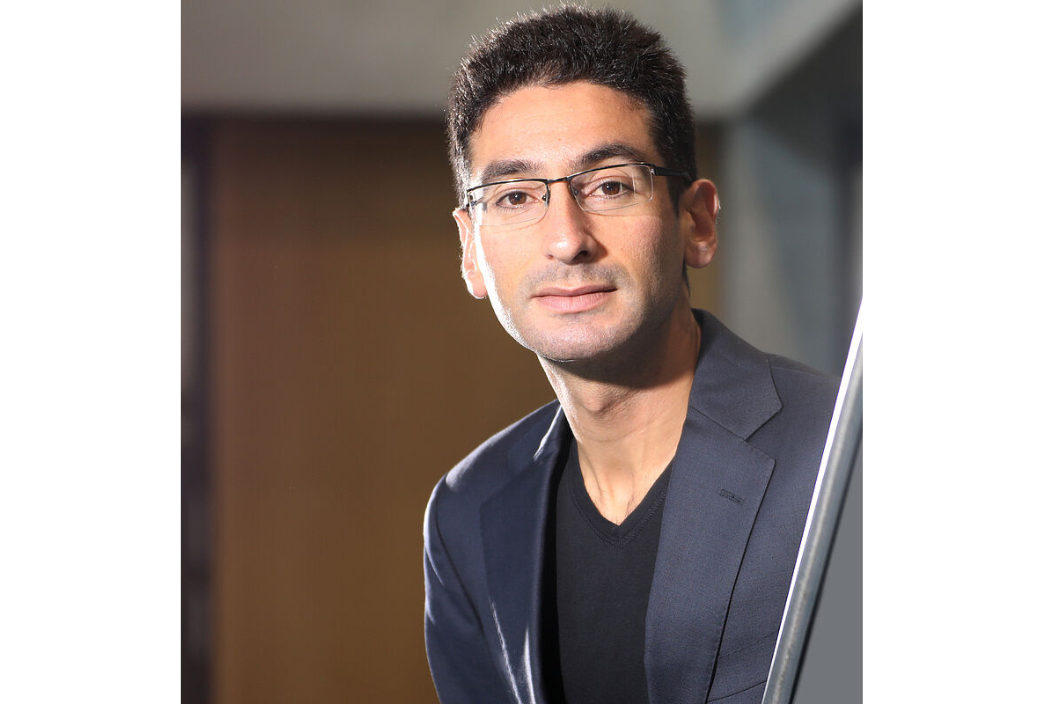film theory and history, digital media, aesthetics, critical theory, philosophy of history, technics, media theory and archaeology

Nicholas Baer received his B.A. in Cinema and Media Studies from the University of Chicago and his Ph.D. in Film & Media and Critical Theory from the University of California, Berkeley. He was a Harper-Schmidt Fellow in the Society of Fellows at the University of Chicago, and he held faculty appointments at the State University of New York at Purchase, University of Groningen, and Utrecht University before joining Berkeley’s Department of German in 2023. At Berkeley, Baer is also affiliated with the Department of Film & Media, Program in Critical Theory, Center for Jewish Studies, and Center for Science, Technology, Medicine & Society.
Baer’s research has been supported through yearlong grants from the Fulbright Program, German Academic Exchange Service (DAAD), and Leo Baeck Institute / German Academic Scholarship Foundation (Studienstiftung). He has been an invited fellow at the Erich Auerbach Institute for Advanced Studies at the University of Cologne, Alfried Krupp Institute for Advanced Study in Greifswald, and Centre for Media, Communication and Information Research (ZeMKI) at the University of Bremen. In 2022, he delivered one of the annual Siegfried Kracauer Lectures in Film and Media Theory at Goethe University Frankfurt. During the 2023/24 academic year, he spent a week as a Visiting Professor at the University of Paris 1 Panthéon-Sorbonne.
Baer’s first book, Historical Turns: Weimar Cinema and the Crisis of Historicism (University of California Press, 2024), reassesses Weimar cinema in light of the “crisis of historicism” widely diagnosed by German philosophers in the early twentieth century. In his new book project, tentatively titled The Ends of Perfection: On a Limit Concept in Global Film and Media Theory, he traces the conceptual history of perfection in global film and media theory. He has also co-edited three volumes of film and media theory: The Promise of Cinema: German Film Theory, 1907–1933 (University of California Press, 2016), Unwatchable (Rutgers University Press, 2019), and Technics: Media in the Digital Age (Amsterdam University Press, 2024).
Baer is a series editor of “The Key Debates: Mutations and Appropriations in European Film Studies” for Amsterdam University Press. His articles have appeared in journals such as Film Quarterly, Krisis: Journal for Contemporary Philosophy, Los Angeles Review of Books, NECSUS: European Journal of Media Studies, Public Seminar, and Qui Parle. He was awarded the Karsten Witte Prize for best film essay of the year from the Gesellschaft für Medienwissenschaft, and his writings have been translated into six languages. To view his publications, please see his Academia site
